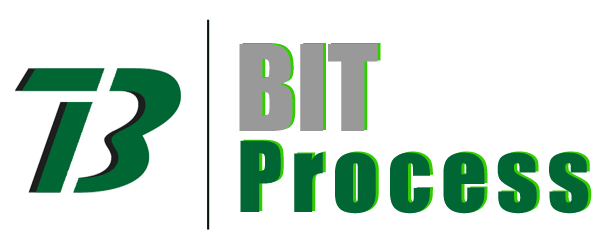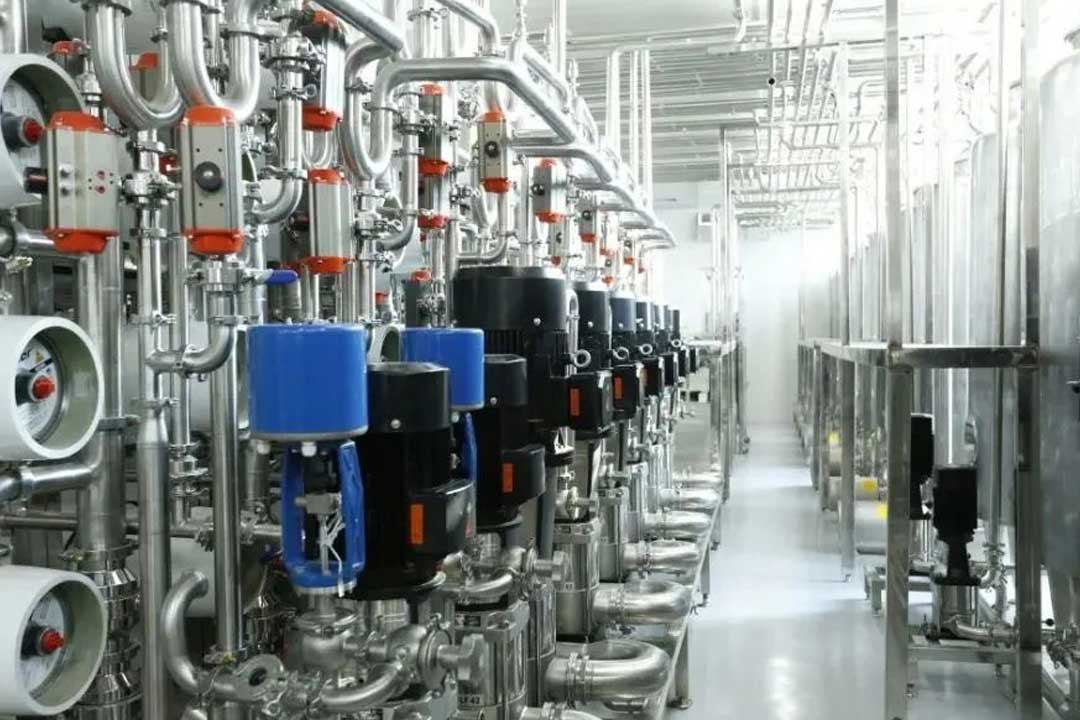In recent years, plant extracts have been widely developed and utilized, but problems such as heavy metal pollution and pesticide residues have endangered their safe application.
The excess of heavy metals can be directly traced back to factors such as the planting soil of Chinese herbal medicines, water pollution, and heavy metals added by bad traders during the acquisition process.

For example, ginseng, my country is a big country of ginseng production and consumption. In the process of ginseng planting, due to the use of pesticides or heavy metal elements in the soil, these heavy metals can be stored in medicinal materials.
Ginseng needs to be sprayed with pesticides many times during the planting process, which absorbs a large number of pesticides during the planting process and causes pesticide pollution.
Compared with foreign standards, the pesticide residues in ginseng stem and leaf saponins produced by ordinary domestic processes can be as high as 10,000 times higher than the standard. Excessive pesticide residues have always been a difficulty in the modernization of traditional Chinese medicine and the sale of products to the international market. At present, there are many domestic ginseng extract factories. , because the pesticide residues in the products exceed the standard and cannot be exported.
The problem of pesticide and heavy metal residues has affected the entry of Chinese plant extract products into the international market, especially the EU market.
Therefore, the effective removal of heavy metal pollution and pesticide residues in plant extracts has become an urgent problem and a research hotspot at home and abroad.
At present, the widely used heavy metal removal technologies include the flocculation precipitation method, an adsorption method, the molecular sieve method, and so on. In addition, some new technologies and materials are gradually applied to the removal of heavy metals from plant co2 extracts, such as microbial methods, nanotechnology, ion/molecular imprinting technology, and biomimetic materials.
Guangzhou Zeli broke through the technical bottleneck of the industry and innovatively developed the Heli Intelligent (High-Efficiency High-Pressure Differential Low-Temperature Continuous Extraction, Separation, and Concentration Technology, English abbreviation: HHLSE) extraction technology. In the extraction process, combined with high-pressure differential extraction technology and international advanced microfiltration technology The technology uses the size of the pore size and the pressure difference as the driving force to intercept and separate the particles, thereby effectively removing most of the pesticide residues, heavy metals, and microorganisms in the product.
Heli Intelligence (HHLSE) is one of the world’s most advanced animal and plant extraction technologies. The whole process of extraction adopts physical methods and is carried out at a low temperature of 35 °C (especially beneficial for heat-sensitive active substances), which realizes the maximum retention of original substances. , high nutrient preservation rate and high content of active ingredients.
The mobile smart factory and standardization center factory developed on the basis of Heli Intelligence (HHLSE) technology will go to the national characteristic agricultural product counties and cities in the future. Extracting, separating, and concentrating agricultural products greatly reduces transportation costs and loss of fruits and vegetables, ensures that deep processing of fruits and vegetables is at the best freshness time, instantly locks nutrients, and increases the added value of agricultural products.

